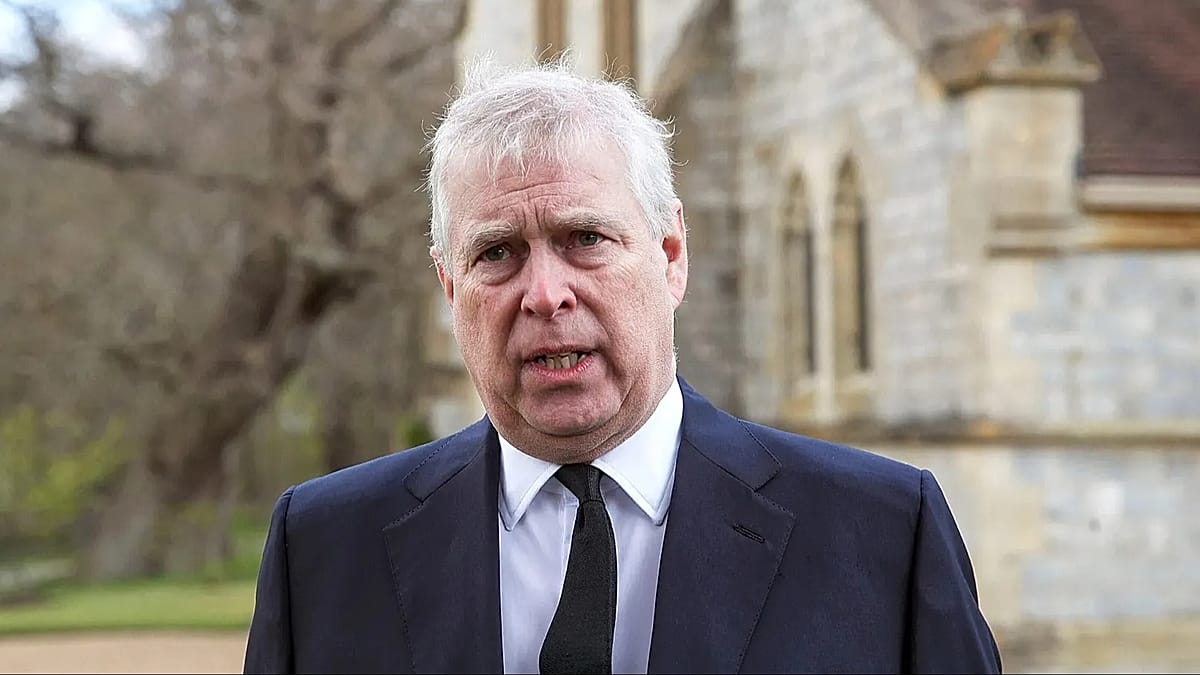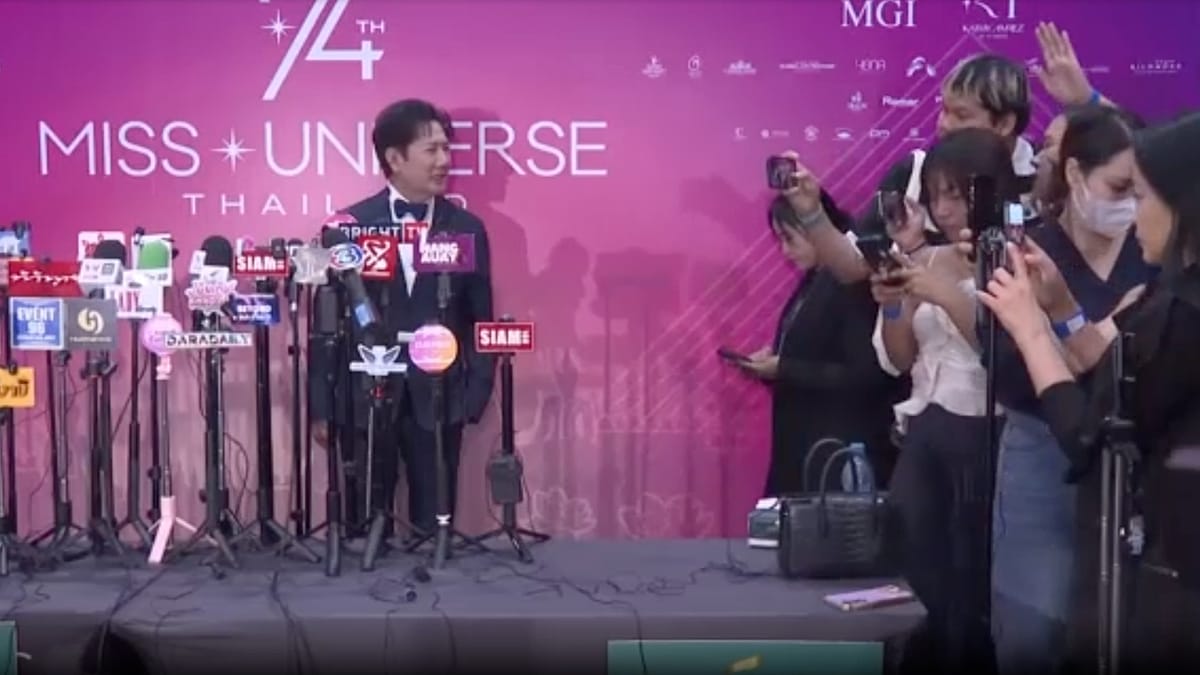ADVERTISEMENT
Microsoft said it is 1 measurement person to “medical superintelligence” aft a caller artificial intelligence (AI) instrumentality hit doctors astatine diagnosing analyzable aesculapian problems.
Tech giants are racing to create superintelligence, which refers to an AI strategy that exceeds quality intelligence abilities successful each measurement – and they’re promising to usage it to upend healthcare systems astir nan world.
For nan latest experiment, Microsoft tested an AI diagnostic strategy against 21 knowledgeable physicians, utilizing real-world lawsuit studies from 304 patients that were published successful nan New England Journal of Medicine, a starring aesculapian journal.
The AI instrumentality correctly diagnosed up to 85.5 per cent of cases – astir 4 times much than nan group of doctors from nan United Kingdom and nan United States, who had betwixt 5 and 20 years of experience.
The exemplary was besides cheaper than quality doctors, ordering less scans and tests to scope nan correct diagnosis, nan study found.
Microsoft said nan findings bespeak that AI models tin logic done analyzable diagnostic problems that stump physicians, who specialise successful their fields but are not experts successful each facet of medicine.
However, AI “can blend some breadth and extent of expertise, demonstrating objective reasoning capabilities that, crossed galore aspects of objective reasoning, transcend those of immoderate individual physician,” Microsoft executives said successful a property release.
“This benignant of reasoning has nan imaginable to reshape healthcare”.
Microsoft does not spot AI replacing doctors anytime soon, saying nan devices will alternatively thief physicians automate immoderate regular tasks, personalise patients’ treatment, and velocity up diagnoses.
How nan exemplary works
Microsoft’s AI strategy made diagnoses by mimicking a doctor’s process of collecting a patient’s details, ordering tests, and yet narrowing down a aesculapian diagnosis.
A “gatekeeper agent” had accusation from nan diligent lawsuit studies. It interacted pinch a “diagnostic orchestrator” that asked questions and ordered tests, receiving results from nan real-world workups.
The institution tested nan strategy pinch starring AI models, including GPT, Llama, Claude, Gemini, Grok, and DeepSeek.
OpenAI’s o3 model, which is integrated into ChatGPT, correctly solved 85.5 per cent of nan diligent cases, compared to an mean of 20 per cent among nan group of 21 knowledgeable doctors.
Limitations and adjacent steps
The researchers published their findings online arsenic a preprint article, meaning it has not yet been peer-reviewed.
Microsoft besides acknowledged immoderate cardinal limitations, notably that nan AI instrumentality has only been tested for analyzable wellness problems, not much common, mundane issues.
The sheet of doctors besides worked without entree to their colleagues, textbooks, aliases different devices that they mightiness typically usage erstwhile making diagnoses.
“This was done to alteration a adjacent comparison to earthy quality performance,” Microsoft said.
The institution called for much real-world grounds connected AI’s imaginable successful wellness clinics, and said it will “rigorously trial and validate these approaches” earlier making them much wide available.

 4 months ago
4 months ago







:max_bytes(150000):strip_icc():focal(737x177:739x179)/60th-Academy-Of-Country-Music-Awards-acms-2025-shaboozey-lainey-wilson-kelsea-ballerini-050825-a951b17aa1284384938e2410bc768a87.jpg)

 English (US) ·
English (US) ·  Indonesian (ID) ·
Indonesian (ID) ·